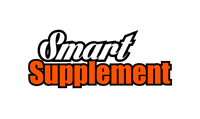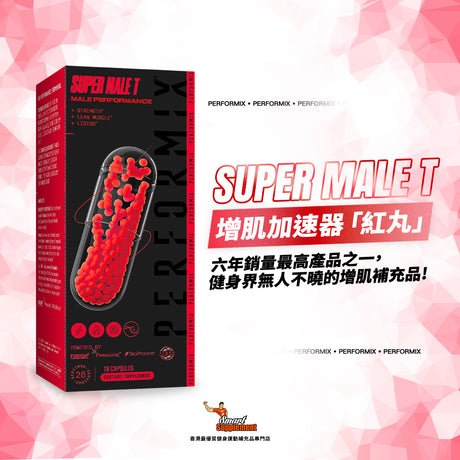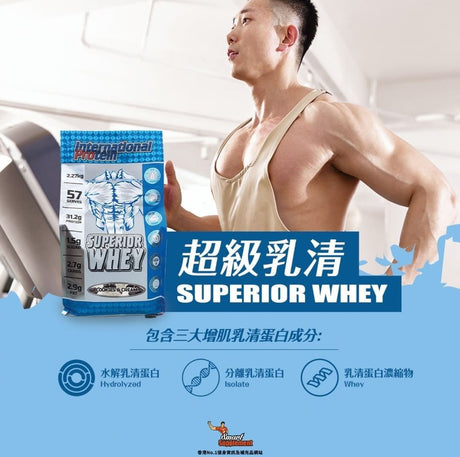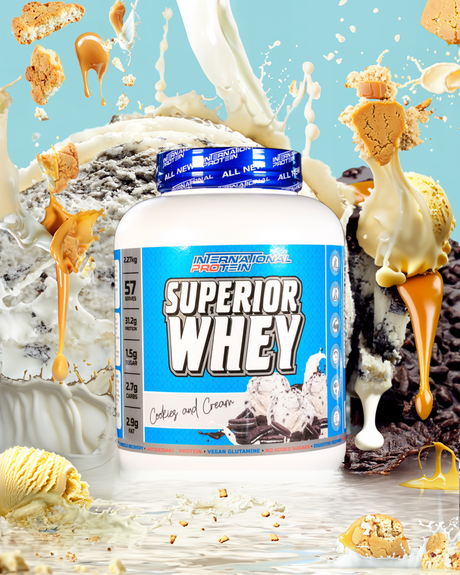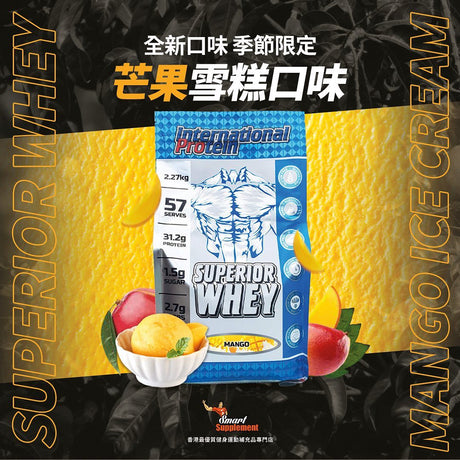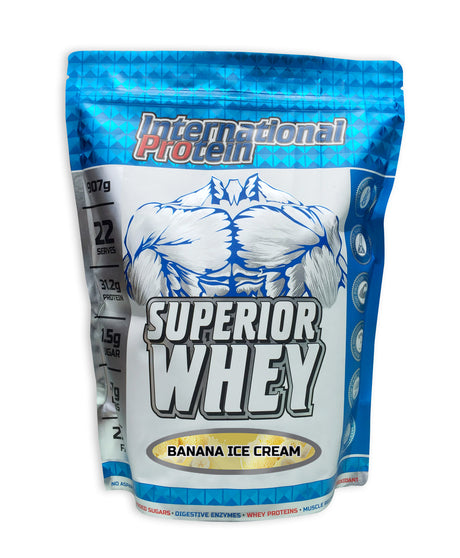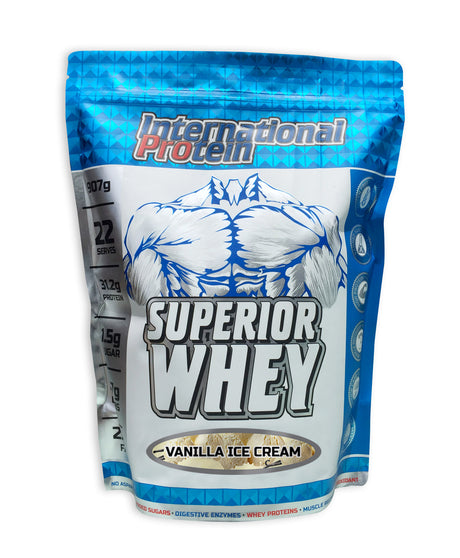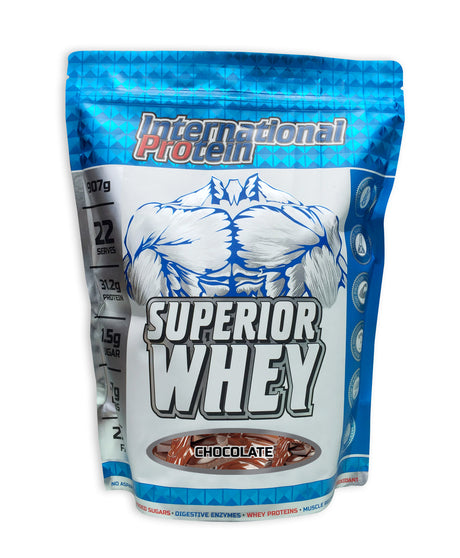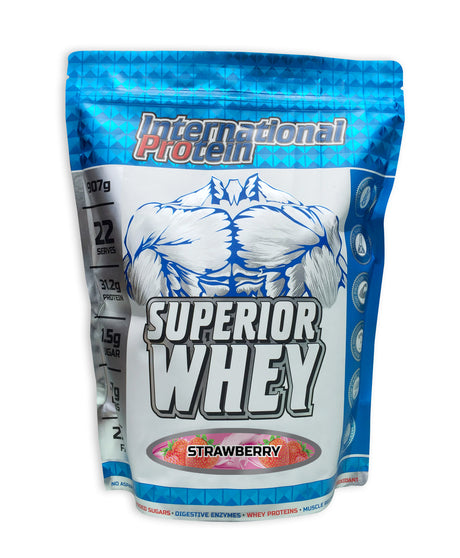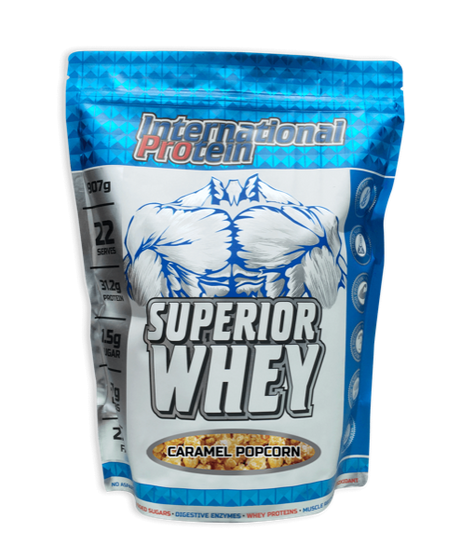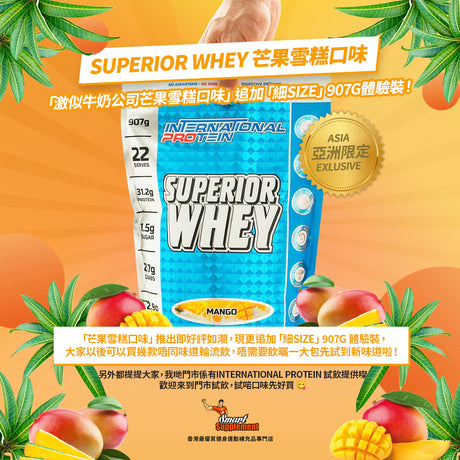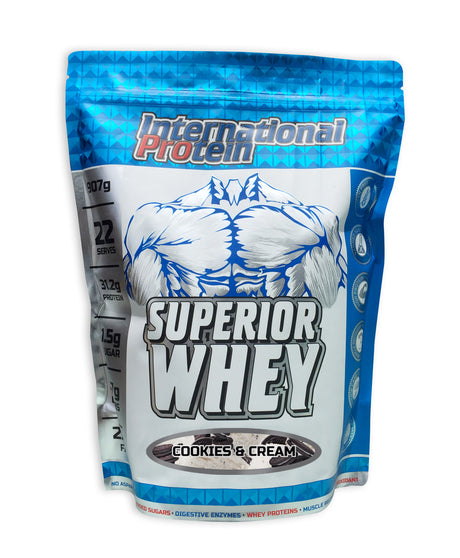自健身室關閉後,大家都開始接受居家健身、室外健身的現實,並開始學會利用身邊一切來進行運動,但另一方面也有人擔心,運動訓練會抑壓身體抵抗力,而增加了受感染的風險。
科學告訴我們運動造成免疫力降低的現象是不過短暫的,一般在幾小時內便會回復。至於長期過度運動,由於身體一直無法得到完全的恢復,所以形成較大的免疫力降低「空窗期」。1990年的一份研究報告就指出,參與馬拉松 (42.2 km) 或是超級馬拉松競賽 (90 km) 的人,在完成競賽後的數個星期內會增加100-500 %的上呼吸道感染機率,此外進行單次持續長時間 ( 90分鐘或以上 ) 的中高強度運動後,更容易出現短暫免疫功能下降的情況。
因此在高感染風險期間,大家應該更注意運動的頻密度,而非強度...
每次的訓練時間最好控制在1個小時內,也可以將平時一次過完成的訓練分成兩天的份量來進行,這樣除了可以降低身體的生理壓力,同時也可以減少身體恢復所需的時間。
雖然有運動習慣的人,在免疫細胞的數目上與不運動者之間沒有太大的差異,但長期運動者體內免疫細胞的功能 (如細胞增殖率、胞殺能力等) 都優於不運動者,也就說適度訓練除了可以練出肌肉和肌力,同時也增強了免疫細胞的「戰鬥力」。
除了將訓練「斬件」外,運動中補充適當營養素如維生素C、BCAA等,亦能進一步避免身體進入低「免疫力空窗期」並且有助身體更快從訓練中恢復恢復,根據『運動生理週訊』建議,在運動前、中、後的補充營養可以這樣安排:
訓練前:維他命C
眾所周知維他命C有強大的抗氧化、抗炎效果,雖然有研究發現在重量訓練前大量補充維他命C或會降低增肌的效果(肌肉撕裂發炎是增肌中的一個重要過程,而維他命C會降低發炎的程度。)但如果訓練的目的是保持健康、提高免疫力,那麼在訓練前攝取適量維他命C的則是值得考慮的。底線是要知道長期使用可能會令增肌效果降低;補充劑量上每次1000mg已經有足夠的效果,過多攝取也只會排出體外。ff
訓練期間:碳水化合物
有長跑或訓練期間會喝含糖飲品的人都有所體會,在運動期間或接近力竭的時候,連同水分一同補充快吸收的糖分,會有輕微「補血」的效果,另外職業足球比賽中,足球員也會在中場時間喝含糖分和鹽分的飲料,來迅速消除體力疲勞,但留意一旦補充過多反而會有反效果,一半運動期間補充15-20g的快速吸收碳水化合物,如果糖、葡萄糖等就已經足夠。
訓練後:Glutamine 谷氨酸
谷氨酸(Glutamine):是蛋白質中所佔最多的氨基酸成分,同時也是免疫細胞的主要能量來源;長時間劇烈運動後,血液中谷氨酸濃度會大幅降低,而影響免疫細胞因為能量來源不足而無法發揮完整的功能。由於蛋白質中已經存有豐富的谷氨酸,因此在訓練後直接補充蛋白質已經有足夠的效果,倘若運動時間過長或強度較高,則可以考慮額外補充,一般情況下3-5g已經十分充足。
作者 / 編輯
David Huang 黃文懿
Smart Supplement
參考資料:
Braakhuis, A. J. (2012). Effect of vitamin C supplements on physical performance. Current Sports Medicine Reports, 11(4), 180-184. doi:10.1249/JSR.0b013e31825e19cd
Braakhuis, A. J., Hopkins, W. G., & Lowe, T. E. (2014). Effects of dietary antioxidants on training and performance in female runners. European Journal of Sport Science, 14(2), 160-168. doi:10.1080/17461391.2013.785597
Brisswalter, J., & Louis, J. (2014). Vitamin supplementation benefits in master athletes. Sports Medicine, 44(3), 311-318. doi:10.1007/s40279-013-0126-x
Close, G. L., Ashton, T., Cable, T., Doran, D., & MacLaren, D. P. (2004). Eccentric exercise, isokinetic muscle torque and delayed onset muscle soreness: The role of reactive oxygen species. European Journal of Applied Physiology, 91(5-6), 615-621. doi:10.1007/s00421-003-1012-2
Finaud, J., Lac, G., & Filaire, E. (2006). Oxidative stress : Relationship with exercise and training. Sports Medicine, 36(4), 327-358.
Jakeman, P., & Maxwell, S. (1993). Effect of antioxidant vitamin supplementation on muscle function after eccentric exercise. European Journal of Applied Physiology and Occupational Physiology, 67(5), 426-430.
Ji, L. L. (1999). Antioxidants and oxidative stress in exercise. Proceedings of the Society for Experimental Biology and Medicine, 222(3), 283-292.
Kanter, M. (1998). Free radicals, exercise and antioxidant supplementation. Proceedings of the Nutrition Society, 57(1), 9-13.
Knez, W. L., Coombes, J. S., & Jenkins, D. G. (2006). Ultra-endurance exercise and oxidative damage : Implications for cardiovascular health. Sports Medicine, 36(5), 429-441.
Lovlin, R., Cottle, W., Pyke, I., Kavanagh, M., & Belcastro, A. N. (1987). Are indices of free radical damage related to exercise intensity. European Journal of Applied Physiology and Occupational Physiology, 56(3), 313-316.
Luden, N. D., Saunders, M. J., & Todd, M. K. (2007). Postexercise carbohydrate-protein- antioxidant ingestion decreases plasma creatine kinase and muscle soreness. International Journal of Sport Nutrition and Exercise Metabolism, 17(1), 109-123.
Mastaloudis, A., Morrow, J. D., Hopkins, D. W., Devaraj, S., & Traber, M. G. (2004). Antioxidant supplementation prevents exercise-induced lipid peroxidation, but not inflammation, in ultramarathon runners. Free Radical Biology and Medicine, 36(10), 1329-1341. doi:10.1016/j.freeradbiomed.2004.02.069
Paschalis, V., Theodorou, A. A., Kyparos, A., Dipla, K., Zafeiridis, A., Panayiotou, G., . . . Nikolaidis, M. G. (2014). Low vitamin C values are linked with decreased physical performance and increased oxidative stress: Reversal by vitamin C supplementation. European Journal of Nutrition. doi:10.1007/s00394-014-0821-x
Paulsen, G., Cumming, K. T., Holden, G., Hallen, J., Ronnestad, B. R., Sveen, O., . . . Raastad, T. (2014a). Vitamin C and E supplementation hampers cellular adaptation to endurance training in humans: A double-blind, randomised, controlled trial. The Journal of Physiology, 592(Pt 8), 1887-1901. doi:10.1113/jphysiol.2013.267419
Paulsen, G., Hamarsland, H., Cumming, K. T., Johansen, R. E., Hulmi, J. J., Borsheim, E., . . . Raastad, T. (2014b). Vitamin C and E supplementation alters protein signalling after a strength training session, but not muscle growth during 10 weeks of training. The Journal of Physiology, 592(Pt 24), 5391-5408. doi:10.1113/jphysiol.2014.279950
